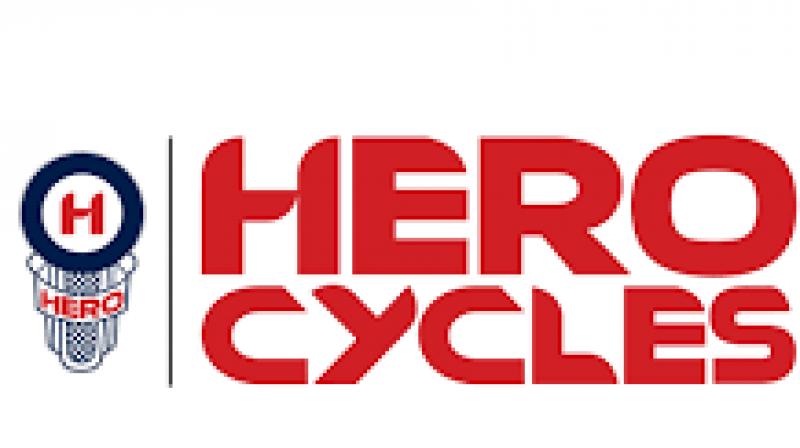Hero Cycles registers 15 pc growth in the first 7 months of FY19
Hero Cycles sales grew from 2.7 million units to 3.1 million units.

New Delhi: Capitalizing on rapidly rising market sentiment towards lifestyle and recreational cycling, and boosted by the rise in fuel prices at record levels, leading bicycle manufacturer, Hero Cycles, posted a growth of 15% in the first 7 months of FY 2018-19. Sales grew from 2.7 million units to 3.1 million units in the same period. A key factor in this growth was increasing rural demand, which witnessed a resurgence following a dampened period during the previous few years.
The steep rise in fuel prices over the year has made the demand for automobiles more price-responsive and brought about a marked shift in India’s commuting habits as a significantly large number of individuals have chosen to cover shorter distances over bicycles and public transport instead of on their motorcycles and cars. Also evident is the effect of visibly deteriorating air quality across major cities and townships, due, in large part, to vehicular emissions. Responding to these shifts, Hero Cycles timed the launch of its range of electric bicycles called ‘Lectro’ to coincide with the re-invigorated debate around cleaner and fossil-fuel-independent vehicles. This has found great resonance with the market that regularly commutes over short distances.
Mr. Pankaj M Munjal, Chairman HMC, a Hero Motors Company, remarked, “It is interesting to note that the conventional black-coloured "Roadster", as a bicycle segment, declined by 5%, yet there has been a growth of 18% in the overall market owing to a remarkably high spurt of 83% in the MTB segment and this is because the rural youth now prefers fancier MTB bicycles over the barer black roadster. This is where Hero Cycles’ wide-reaching network helps consolidate its customer-connect with the market, and helps read these trends early on to create a product pipeline that caters to genuine market preferences”.
Notably, Mr. Munjal has been vocal about the need to promote bicycling as an accessible and sustainable mode of transport for both urban and rural youth in light of the imperatives of protecting the environment and keeping lifestyle diseases at bay.
Current customer sentiment towards bicycling could be a long-term macro shift in line with prevailing global trends, which are expected to hold regardless of any future reduction in fuel prices. The traditional view of cars and motorcycles as ‘status symbols’ as opposed to cheaper bicycles, is now giving way to the view that the bicycle is a smart and environment-friendly solution to looming problems of air pollution and traffic congestion. This has not only enhanced its practical value to existing bicycle owners but also added a newer customer base that would otherwise be hesitant in deciding to buy a bicycle.

